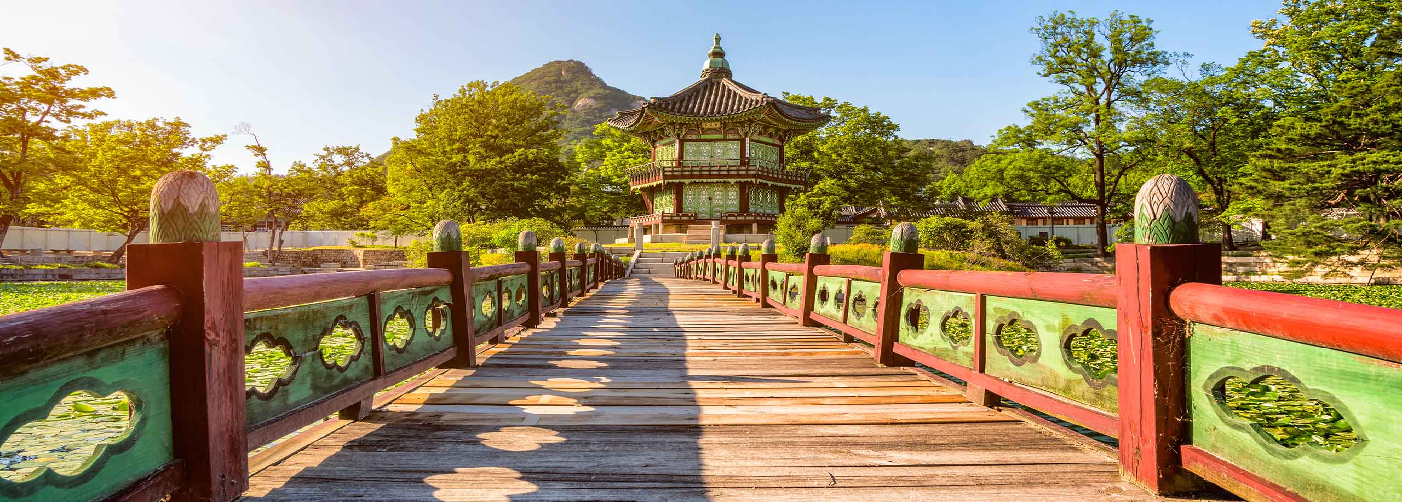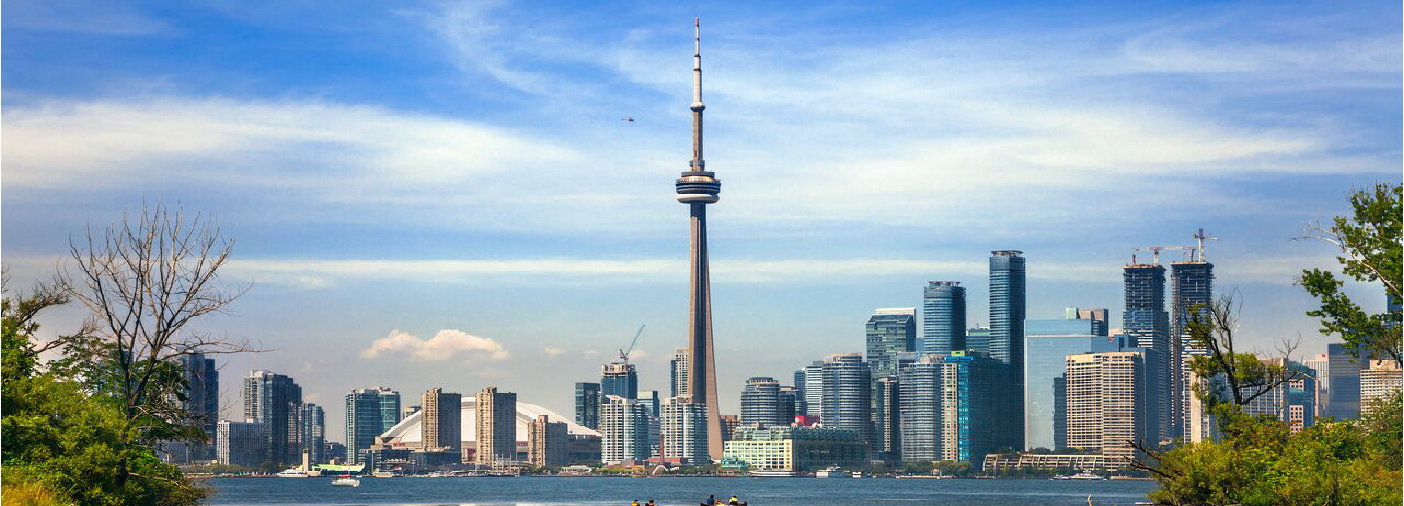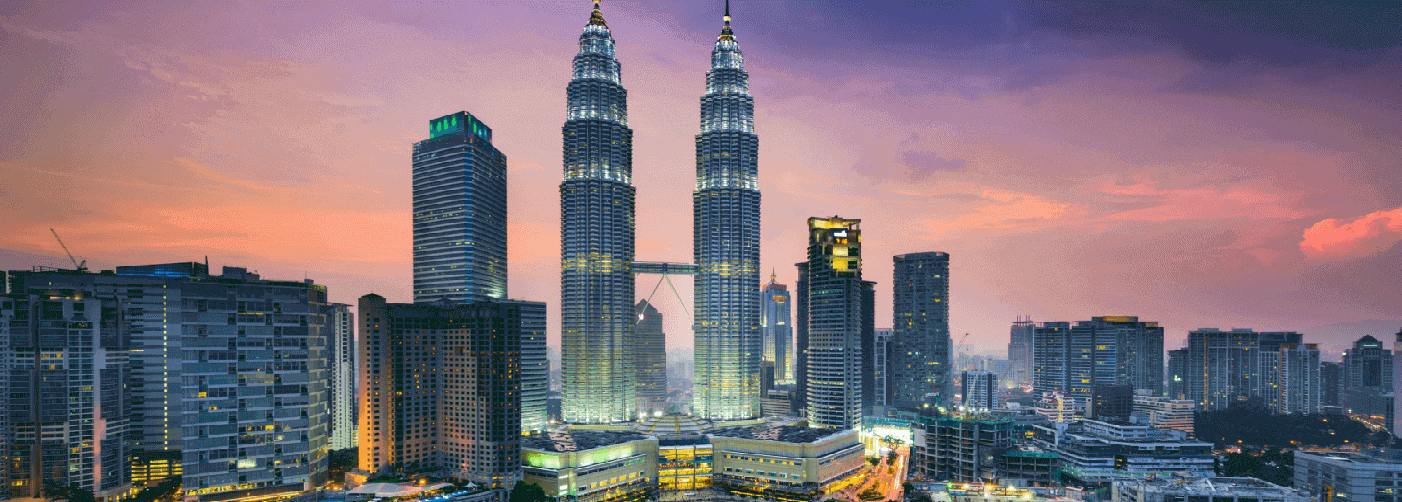| Why Study in South Korea? |
- Top-Ranked Universities: Home to prestigious institutions like Seoul National University, KAIST, and Yonsei University.
- Affordable Tuition Fees: Compared to the US, UK, and Australia, South Korea offers quality education at a lower cost.
- Generous Scholarships: The Global Korea Scholarship (GKS) provides full tuition, living expenses, and airfare for international students.
- Strong Job Market: South Korea is a global leader in technology, business, and entertainment (K-pop, K-drama, gaming, and animation).
- High-Quality Education: The country is known for excellence in engineering, IT, medicine, and business.
- Safe & Modern Lifestyle: One of the world’s safest countries with high-tech infrastructure.
Undergraduate (Bachelor’s Degree)
- High School Diploma (Equivalent to Korea’s KSAT Standard)
- English or Korean Proficiency:
- IELTS 5.5-6.5 or TOEFL
- TOPIK (Test of Proficiency in Korean) Level 3-4 (for Korean-taught programs)
- Statement of Purpose (SOP)
- Letters of Recommendation
Graduate (Master’s & Ph.D.)
- Bachelor’s or Master’s Degree from a recognized institution
- IELTS (6.5-7.0) or TOPIK Level 4+
- GRE/GMAT scores (for some business and engineering programs)
- Statement of Purpose (SOP)
- Research Proposal (for Ph.D. applicants)
| Scholarships for International Students |
- Global Korea Scholarship (GKS) – Covers full tuition, monthly stipend, airfare, and medical insurance.
- Korean University Scholarships – Offered by SNU, KAIST, Yonsei, and Korea University.
- Korean Government Research Grants – For master’s and Ph.D. students.
- POSCO Asia Fellowship – For students from Asia.
- Samsung and LG Scholarships – For students in engineering and technology fields.
| Work Opportunities for International Students |
- Part-Time Work: Up to 20 hours per week during semesters.
- Internships: Available in tech, business, and media companies.
- Post-Study Work Visa (D-10 Visa): Allows job search after graduation.
- E-7 Work Visa: For skilled professionals wanting to work in Korea.
|
- Engineering & Technology – South Korea is home to companies like Samsung, LG, and Hyundai.
- Computer Science & Artificial Intelligence – Leading innovations in AI, cybersecurity, and robotics.
- Business & Management – Ideal for students looking to work in global companies.
- Medicine & Healthcare – Advanced research in biotechnology and pharmaceuticals.
- Korean Language & Cultural Studies – For K-pop, K-drama, and Korean literature enthusiasts.
| Cost of Studying in South Korea |
Tuition Fees (per year)
- Undergraduate: KRW 4,000,000 - 20,000,000 (USD 3,000 - 15,000)
- Postgraduate: KRW 5,000,000 - 25,000,000 (USD 4,000 - 18,000)
- MBBS (Medicine): KRW 10,000,000 - 30,000,000 (USD 8,000 - 22,000)
Living Expenses (per year)
- Seoul: KRW 10,000,000 - 15,000,000 (USD 7,500 - 11,000)
- Other Cities: KRW 6,000,000 - 10,000,000 (USD 4,500 - 7,500)
- Includes accommodation, food, transport, and personal expenses.
Health Insurance
- All international students must enroll in the National Health Insurance (NHI).
- Costs around KRW 50,000 per month (USD 40 - 50).
| Student Visa (D-2 Visa) Application |
- Receive an Offer Letter from a Korean university.
- Apply for a D-2 Student Visa at the South Korean Embassy.
- Submit documents:
- Passport
- Admission letter
- Visa application form
- Proof of financial support (USD 10,000+ in bank statement)
- Health insurance certificate
- Visa Processing Time: Around 2-4 weeks.
- Travel to South Korea and register at your university!
| Pathway to Permanent Residency |
- D-10 Visa: For job searching after graduation.
- E-7 Work Visa: For professionals working in Korea.
- F-2 Long-Term Residency Visa: After working in Korea for 5+ years.
- F-5 Permanent Residency: After 5+ years with an E-7 or F-2 visa.
|








